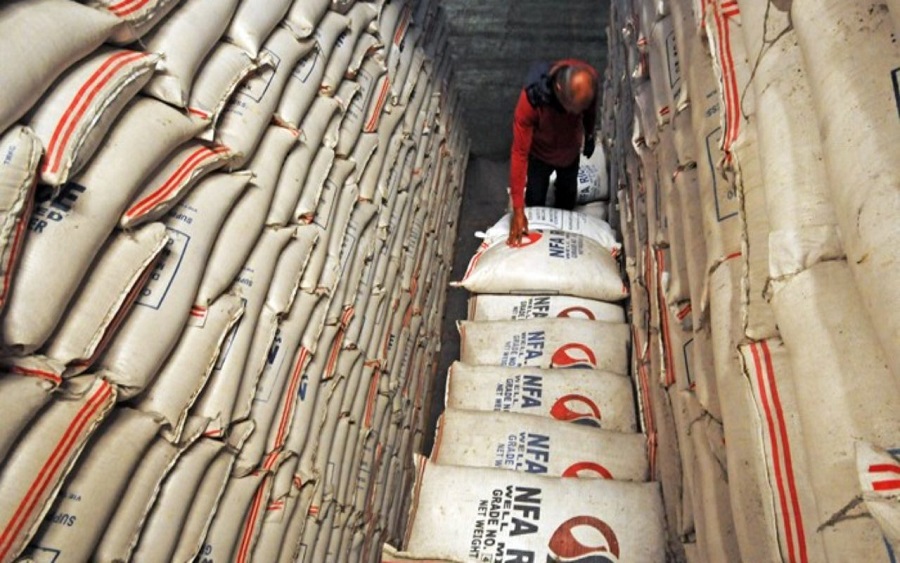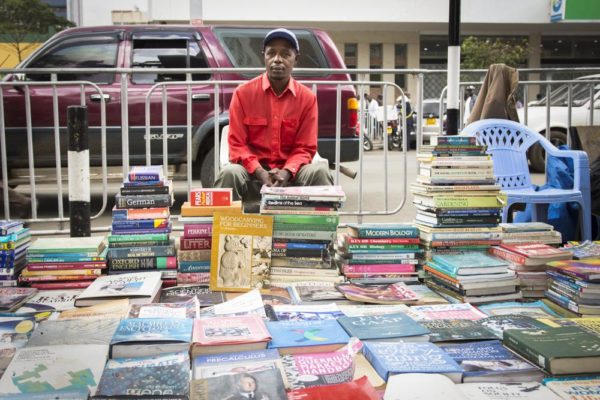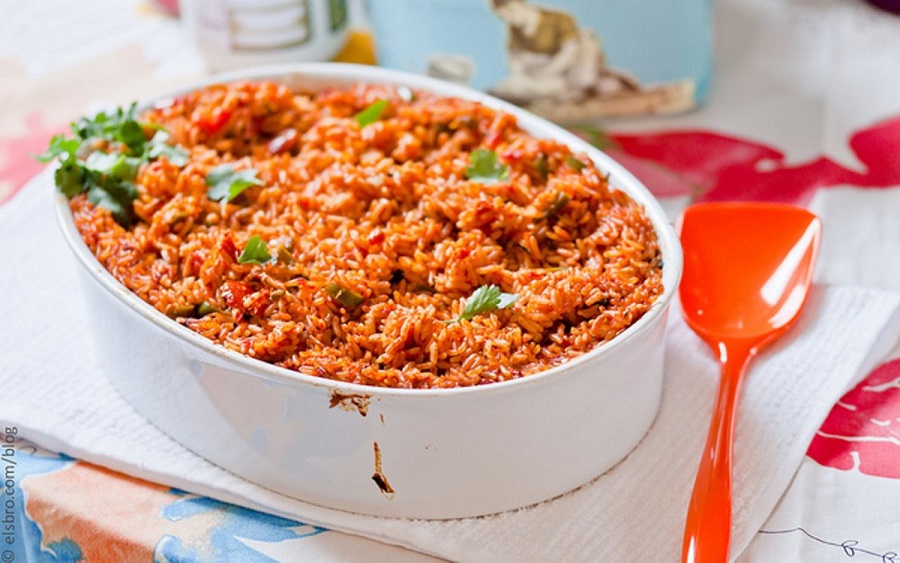Nigeria has recorded N338.6 billion shortage of rice at the Malaysian price of $421 per tonne. This follows the country’s land border closure and the government’s decision to stop FOREX on food imports.
Going by New Telegraph’s report, in general, Nigerians are challenged with 9.54 million tonnes of essential food items shortage. Note that the major food items are rice, wheat, sugar, and palm oil.
As a result of the deficit, the price of a bag of 50 kilogrammes of locally produced rice has gone up from N13,500 to N25,000 in the market within the last three months. Similarly, a carton of frozen fish has jumped from N10,000 to 25,000 or 60%, while turkey, which was N13,000 as at August 19, 2019, has increased by 38.4% to N18,000.

While production stands at 60,000 tonnes, Nigeria is in deficit of 5.1 million tonnes of wheat. More so, sugar deficit has reached 1.89 million tonnes, as production declined from 80,000 tonnes in 2018 to 75,000 tonnes this year (2019). Palm oil shortage attains 350,000 tonnes, as local production remains unchanged at 1.02 million tonnes.
Experts view on the matter: According to Adedayo Aregbesola, an economist, the FOREX ban on food items was expected to lead to shortage of food. Aregbesola noted that Nigeria still lacks the capacity to feed her population.
[READ MORE: Obasanjo backs Buhari’s border closure commitment)
He maintained that in any given circumstance, inflation is imminent, should plenty of money be chasing few food items in the market.
Aregbesola added, “Going by the law of demand and supply, if there is plenty of food, people will buy cheaper food and if there is scarcity of food they will be forced to spend more money on few food items and this will further lead to crisis.”
Also, the Managing Director of Sceptre, Olatunde Jayeola, explained that the government should have pumped more money into the agricultural sector and subsidised food items in such a way that foreign parboiled rice being smuggled would be useless.
Jayeola’s words: “If the local rice is sold at N5,000 per 50 kilogrammes bag in the market, no smuggler will go to neighbouring countries to bring rice at a landing price of N9,000 per 50 kilogrammes bag because it is not economically reasonable to do that in a competitive market.
“The Central Bank of Nigeria (CBN) should also focus on bringing agricultural equipment into the country and distribute them to farmers. This will make the bank’s anchor borrower scheme more meaningful.”
[READ ALSO: Border Closure: CBN disburses over N171 billion on food initiative – Emefiele)
As earlier reported on Nairametrics, the President Muhammadu Buhari-led administration had in October 2019, closed the country’s land borders to imported goods.
According to the president, the closure of the borders was due to the smuggling activities of food items, particularly, that of rice.














.gif)







Not of fan of subsidy. Enough lesson from the corruption of oil subsidy. The govt needs to attract the Rice producers to come and invest in Nigeria. Simple. Price of rice will come down within 2 years. It is the most ambitious way to deal with the economic situation of no job and low income. Border remain closed for the next 25 years.
What the Nigerian Economic Management Team are doing is the best they understand and know. Let us wait and see the result at the end there term. As it is we can’t export any thing out of Nigeria and nobody can import any thing in to Nigeria. Apparently, no business with other nations, except government business. Let us all wait and see the results, The mono economy system will actually not work, there will be a lot of difficulties for the next 3 years, let us brace up and think of the way forward. Because with this there is no more box to think out of , just think and expand your horizons of survival strategies.
CBN intervention is not working and is becoming a drain pipe. How much is Agriculture budget at national and states level,?How much is CBN pumping into Rice production.?I think it time the Hon Minister of Agriculture should sit down with CBN to avoid waste and duplication of efforts
Nigerians should produce their own rice sell and eat at cheaper rates to themselves period
Nigeria should produce their own rice sell at cheaper rates to them selves and eat